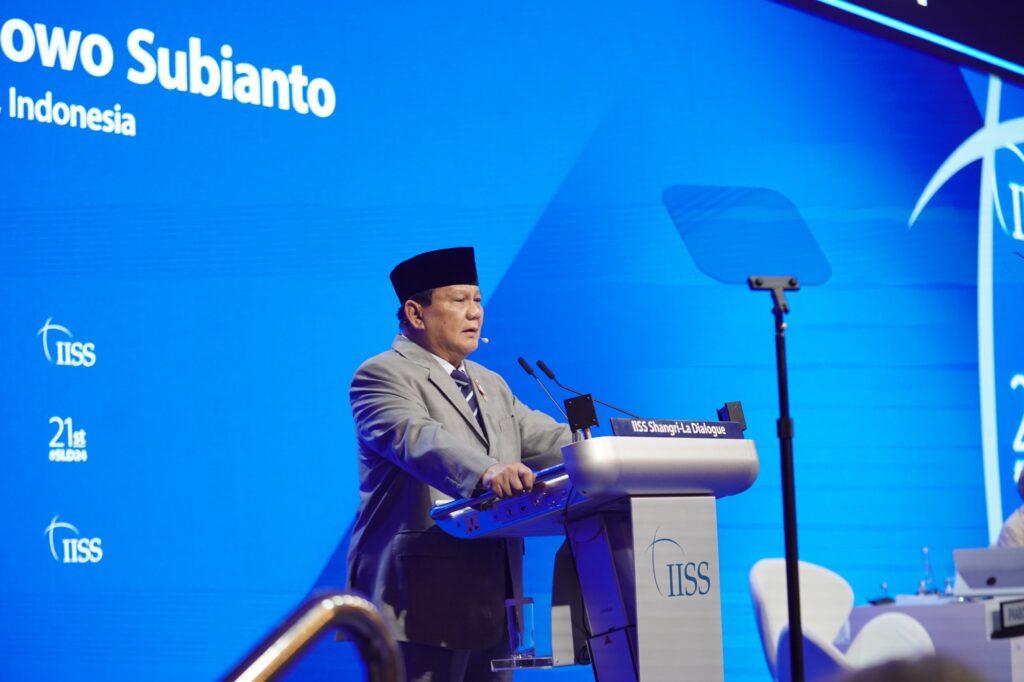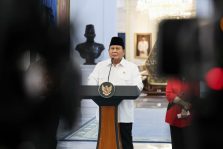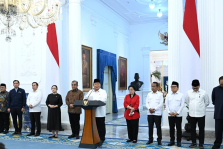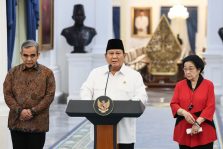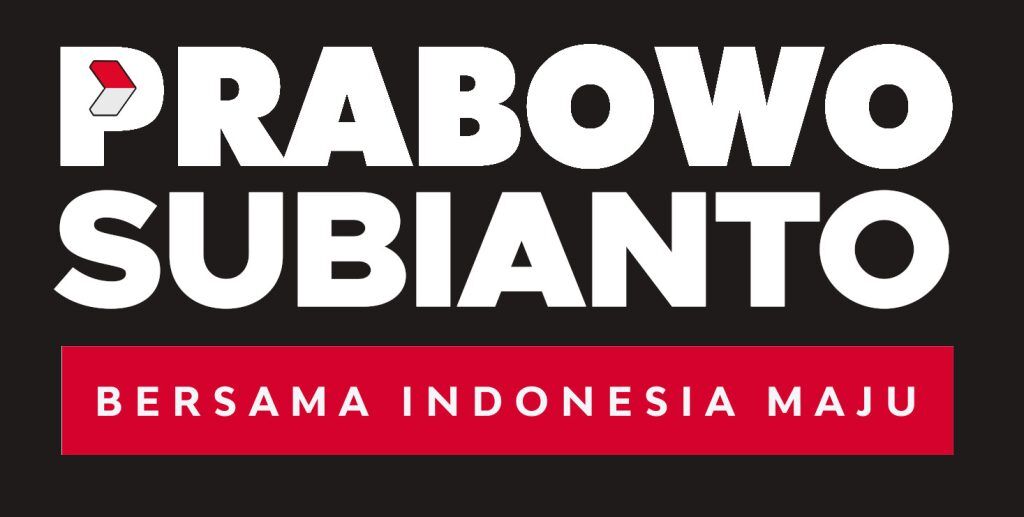Jakarta – A recent survey by Kompas Research indicates that 57.3 percent of respondents believe that the free meal program under the Prabowo-Gibran administration will be successfully implemented.
“Various economic life issues, such as job availability, food product dependence and supply issues, including the free lunch program, are believed to function well,” Kompas Research stated in its survey published on Kompas.id on Saturday (June 22).
“Specifically regarding the free lunch program, more than half (57.3 percent) are confident it will be realized.”
Additionally, two-thirds of the public, or 68.5 percent of respondents, are convinced that Prabowo-Gibran will foster economic growth better than what has been achieved previously.
According to the survey, the public trusts that the new government will be able to address issues related to economic challenges such as job availability and food product dependency.
The majority of respondents also believe that various macroeconomic issues and everyday economic needs will improve.
Furthermore, the survey shows a high level of public confidence that the Prabowo-Gibran administration will enhance Indonesia in several aspects.
As many as 83.6 percent of respondents believe Prabowo-Gibran will elevate Indonesia’s stature on the international stage; 83.6 percent are confident in a stronger national defense and 69.0 percent believe in achieving food self-sufficiency.
Also, 67.6 percent are confident in the added value from processing natural resources (downstream processing) increasing; 64.8 percent believe in the eradication of corruption and 62.4 percent are confident that job opportunities will increase.
Moreover, 72.4 percent of respondents are confident that the Prabowo-Gibran administration will successfully complete the development of the New Capital.
This survey was conducted through face-to-face interviews by Kompas Research from May 27 to June 2, 2024. A total of 1,200 respondents were randomly selected using a stratified systematic sampling method across 38 provinces in Indonesia.
Utilizing this method, at a 95 percent confidence level, the margin of error of the research is approximately 2.83 percent under simple random sampling conditions. The survey was fully funded by Kompas Daily (PT Kompas Media Nusantara).

